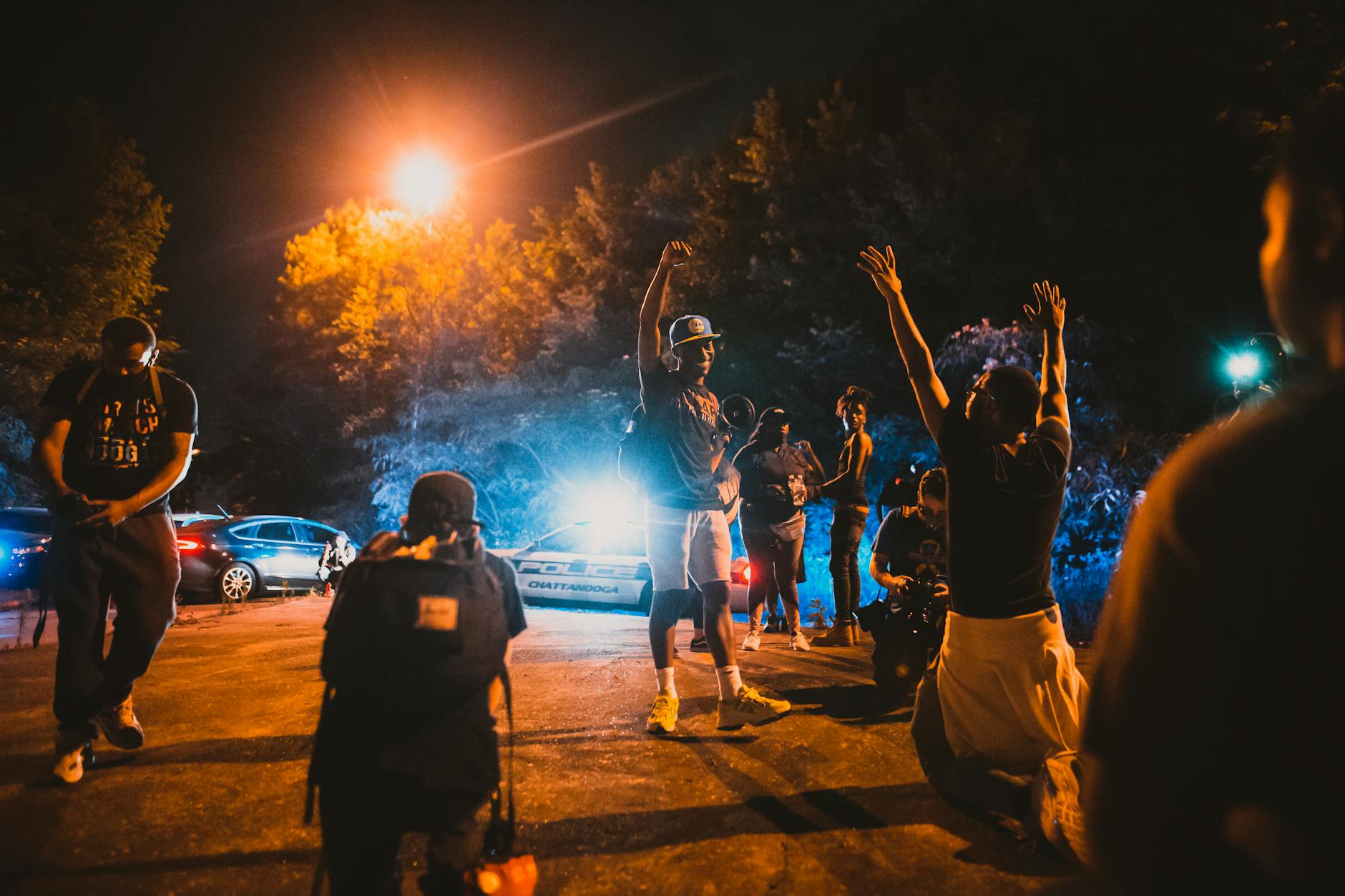Vetted Vitals: Police Background Check 411

When applying for jobs, particularly within the law enforcement sector or industries requiring high-security clearance, one can anticipate undergoing a police background check. Understanding the facets of such an inquiry is crucial for applicants to prepare themselves for what might surface. In this concise guide, we delve into key facts about police background checks, providing a clearer picture of what they entail.
What is a Police Background Check?
A police background check is a screening process used to check an individual's criminal history, if any. Different from a standard background check, this form of examination is more thorough and may include checking local, national, and sometimes international databases to uncover any past criminal activities. These checks are conducted by accessing various law enforcement databases to obtain a complete profile of an individual's criminal history.
What Information is Included in a Police Background Check?
A typical police background check may retrieve the following information:
-
Criminal Record: Any past convictions, current charges, or ongoing investigations.
-
Warrants: Outstanding warrants issued against the individual.
-
Arrests: Past arrests, regardless of whether they led to convictions.
-
Court Records: Details from previous court appearances and the outcomes of those cases.
-
Sex Offender Registries: Whether the individual is listed on any sex offender registries.
-
International Watchlists: Check to see if the individual appears on any national or international watchlists.
Who Might Need a Police Background Check?
Police background checks are common for:
-
Law enforcement job applicants
-
Security-sensitive position applicants, such as those in banking or education
-
Volunteers working with children or vulnerable populations
-
Individuals seeking to purchase firearms (depending on the jurisdiction)
-
Applicants for certain professional licenses
How Can You Prepare for a Police Background Check?
Being prepared for a police background check involves understanding your history and rights:
-
Know Your History: Obtain a copy of your criminal record ahead of time, so there are no surprises.
-
Correct Errors: If there are inaccuracies on your record, take steps to correct them through the appropriate legal channels.
-
Understand Your Rights: Certain convictions, especially old minor ones, may not be relevant and can sometimes be legally expunged or sealed.
-
Provide Complete Application Information: Ensure that all information you provide on an application is accurate and complete to avoid discrepancies.
The Legality and Limitations of Police Background Checks
The depth and scope of a police background check may be limited by laws that protect individual privacy and ensure fair employment practices. For instance, some jurisdictions have 'ban the box' legislation that prohibits employers from asking about criminal history on initial job applications. Additionally, there might be restrictions on how far back an employer can search into an individual's history.
Conclusion
Police background checks are an integral part of the hiring process for many sectors, designed to maintain safety and security. By being informed about what they entail, individuals can navigate these checks with greater confidence and prepare themselves for potential outcomes. This guide to police background checks provides the essential information to understand how these checks function, what they examine, and what the implications might be.